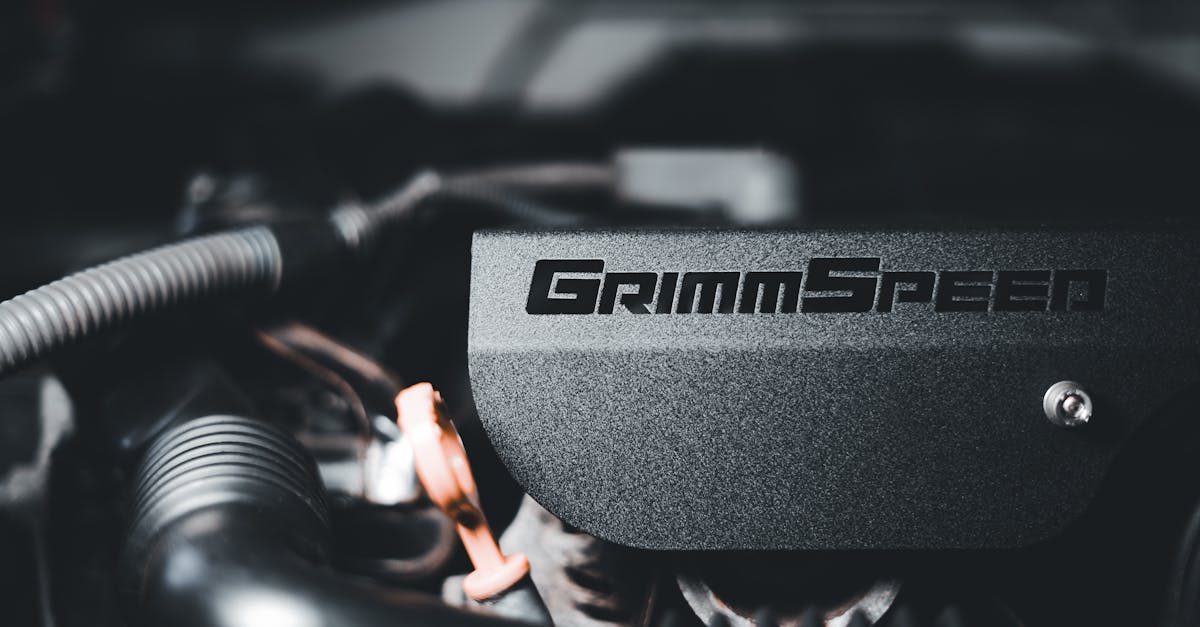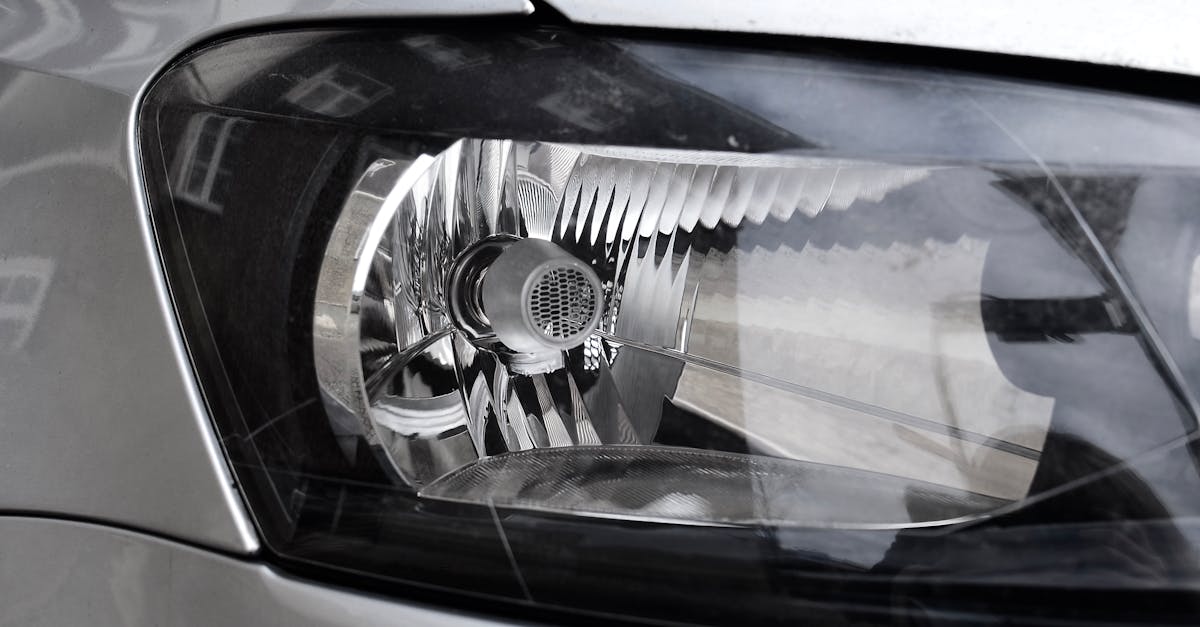How to Buy a Reliable Used Car
Introduction
Buying a used car can be a savvy financial decision if done correctly. With the right approach, you can acquire a significant asset at a fraction of the price. This article will guide you through the steps to finding a reliable used car.
Advertisement
Research and Budgeting
Start by defining your budget based on what you can afford without stretching your finances. Consider all potential costs, including insurance, registration, and possible repairs. Once you've set a realistic budget, research the types of cars you’re interested in.
Advertisement
Identifying Reliable Models
Consult reputable sources like Consumer Reports and J.D. Power for information on the most reliable used cars. Some makes and models have stood the test of time, offering fewer problems and better resale value. Prioritize these when building your shortlist.
Advertisement
Checking Car History
A vehicle history report can provide insight into a car's past. Use services like Carfax or AutoCheck to verify the car’s history for accidents, service records, and previous ownership. A clean report can reduce future headaches.
Advertisement
Contacting Sellers
Reach out to sellers with your questions about the car’s condition and history. Whether buying from a dealer or privately, communicate clearly and verify all provided information. Arrange a time to inspect and test drive the vehicle personally.
Advertisement
Inspecting the Vehicle
Thorough inspection is key. Check for signs of wear such as rust, leakages, and uneven tire wear. Pay attention to the engine, brakes, and suspension. For added assurance, consider hiring a professional mechanic for a thorough assessment.
Advertisement
Taking a Test Drive
Test the car in various conditions—city roads, highways, and rough terrains. Listen for unusual noises and observe the car's behavior, from acceleration to braking. A test drive will offer insight into the car’s real-time performance.
Advertisement
Negotiating the Price
Armed with information about the car’s condition, history, and market value, engage in negotiations. Be firm but fair, ensuring the final price aligns with the car’s true value. Remember, it’s okay to walk away if the price doesn’t meet your expectations.
Advertisement
Finalizing the Deal
Verify all paperwork, ensuring titles and registration documents are accurate and official. If buying from a dealer, understand your warranty options. With private sellers, ensure all transactions are recorded and contracts are clear.
Advertisement
Conclusion
Acquiring a reliable used car involves careful research, inspection, and negotiation. By staying informed and vigilant throughout the process, you can purchase with confidence. Follow these guidelines, and you’ll drive away in a car that meets both your needs and budget.
Advertisement


